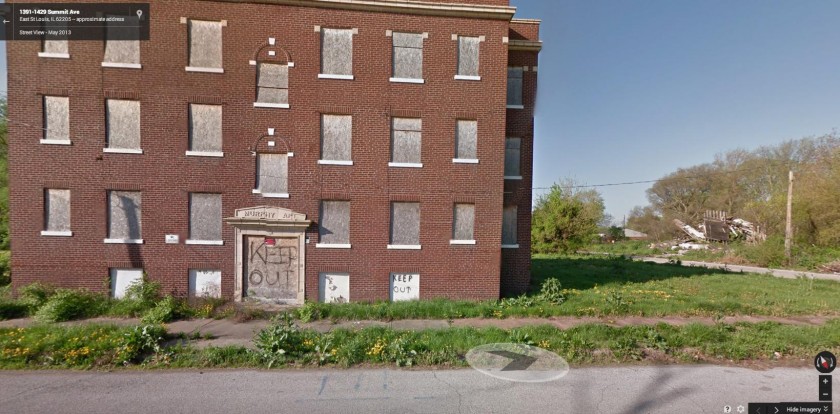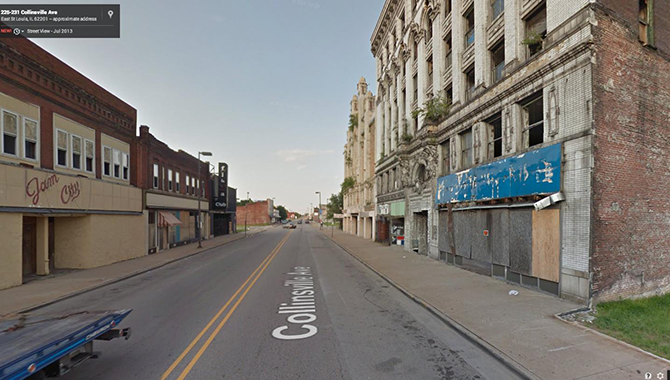There’s something oddly fascinating about abandoned places. Perhaps it’s the story they tell, like the story of East St. Louis, Illinois.
In 1950, East St. Louis was considered one of the most successful cities in the state of Illinois. But the restructuring of railroads and the building of highways out of its way had led to the de-industrialization of the city, which resulted to its near-economic ruin.
In 2014, East St. Louis became the most violent city in the US.
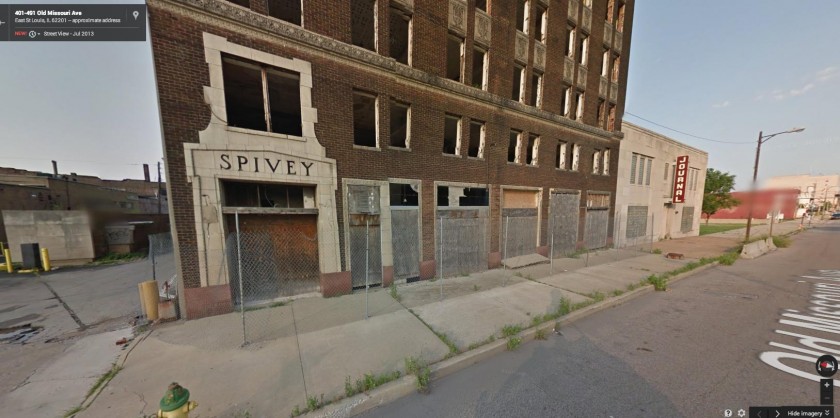
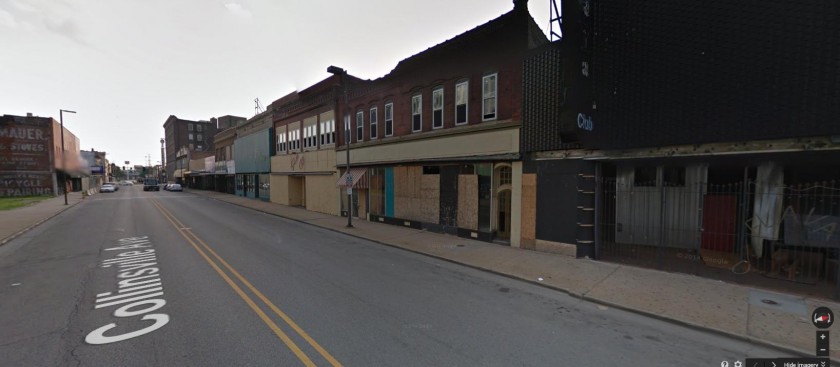
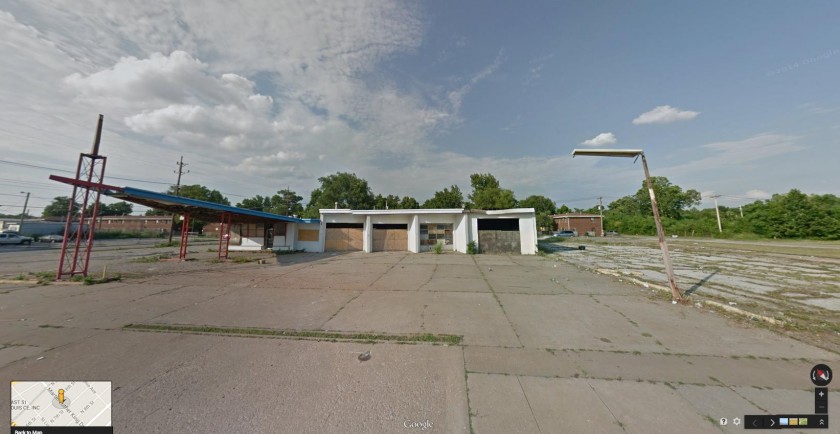
The Department of Housing and Urban Development has declared the place as “the most distressed small city in America.”
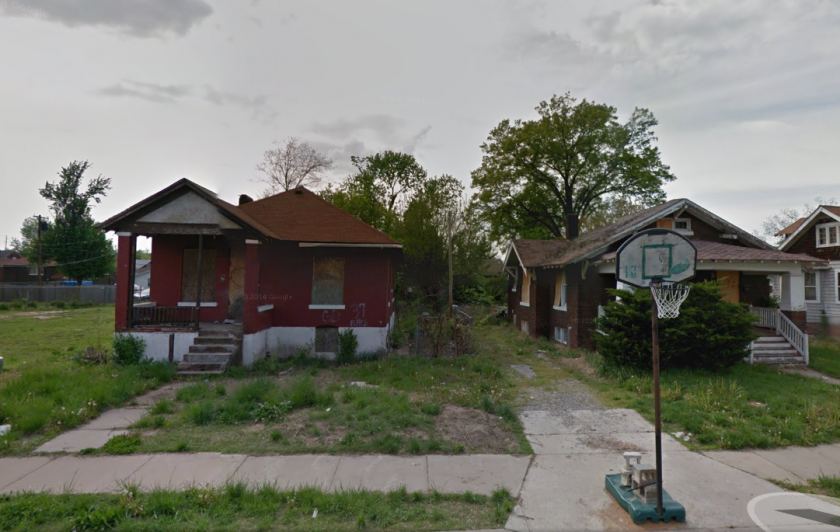
As of 2007, the average national murder rate in the US was 5.6 per every 100,000 people. East St. Louis was averaging 101.6 per every 100,000 people.
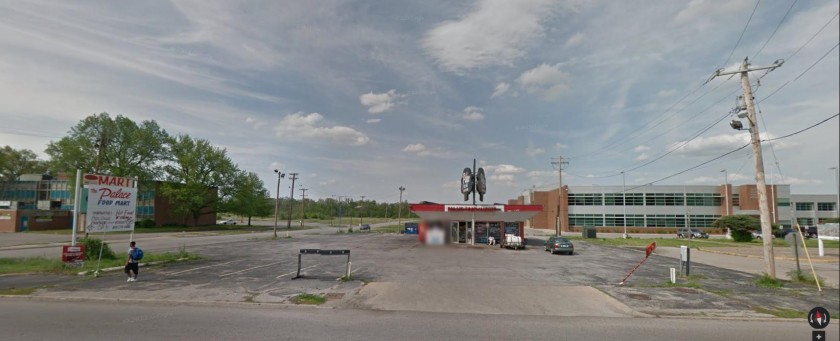
According to crime statistics, if you live in St. Louis your chances of becoming the next victim of a violent crime is 1 in 28.
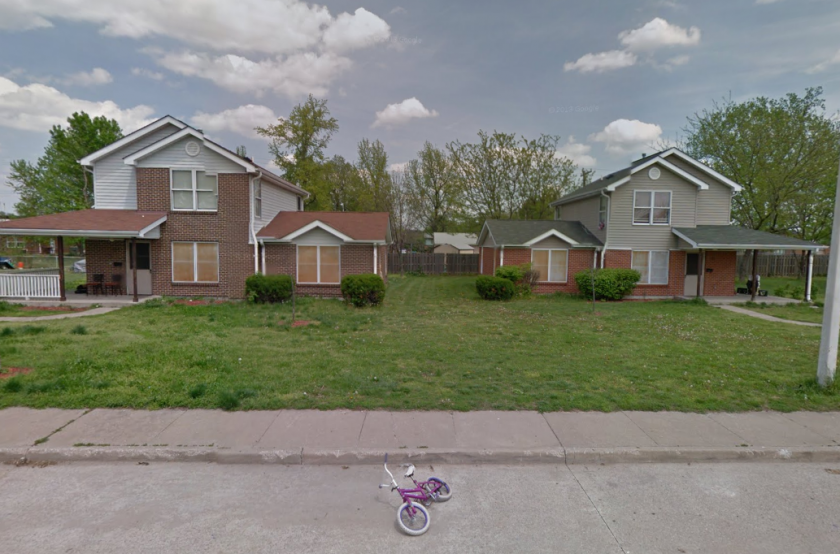
And the odds of becoming the victim of property crime is even much higher — 1 in every 9 people.
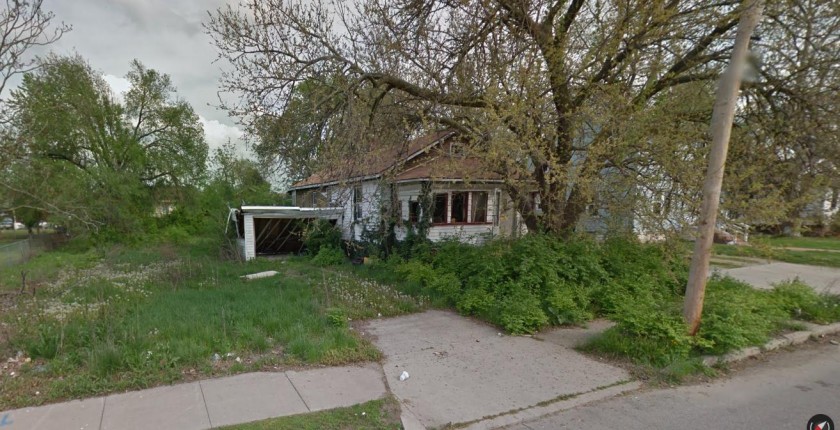
More than a third of the city’s population is still below the poverty line.
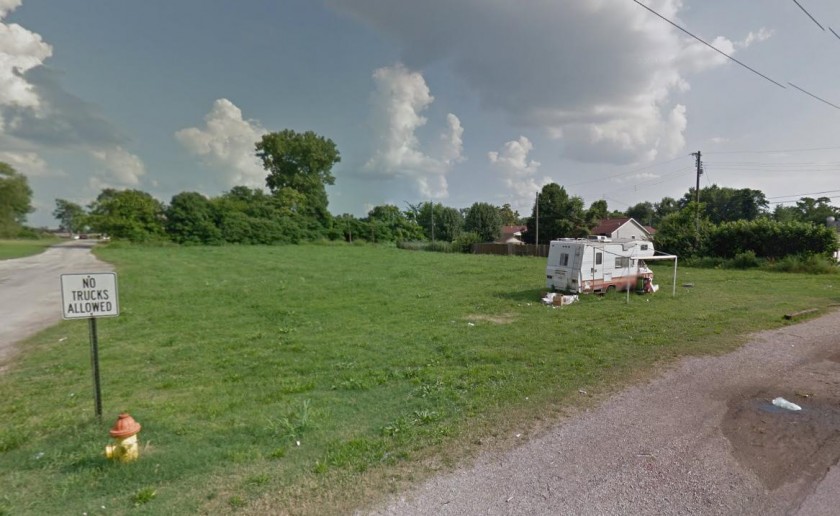
Once bustling and full of life, city buildings have been left to fester.

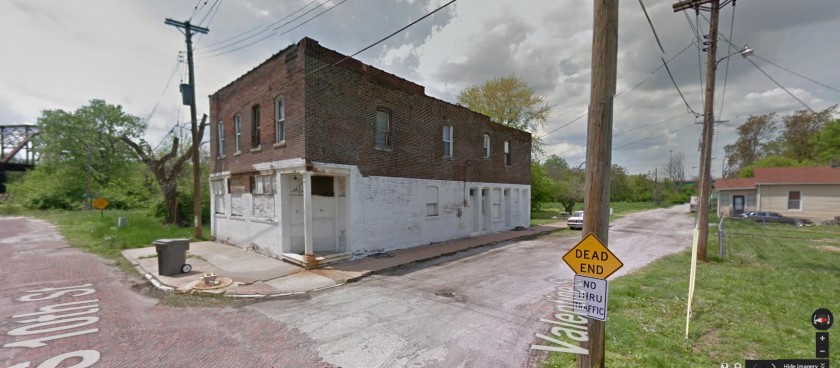
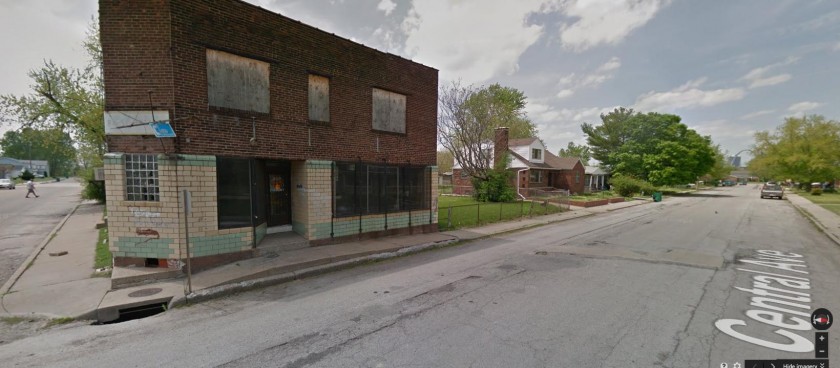
One of the city’s major sources of income was the Monsanto manufacturing plant, which was allegedly releasing large amounts of pollution and toxic waste.

It is believed that the byproducts of the Monsanto plant was the main cause of the large number of fetal deaths and premature births in the state.
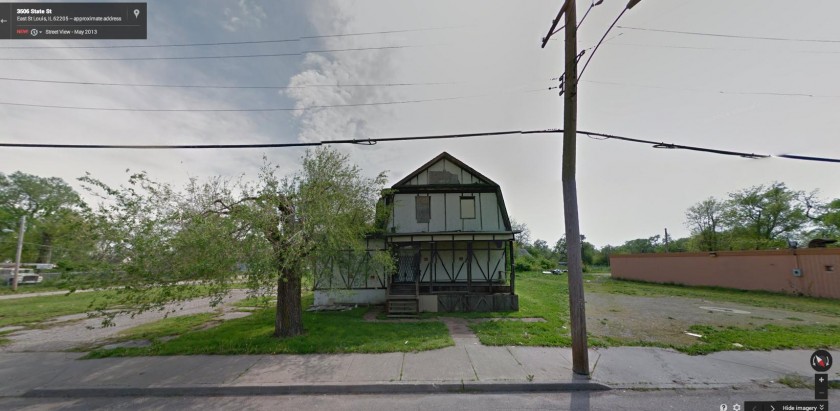
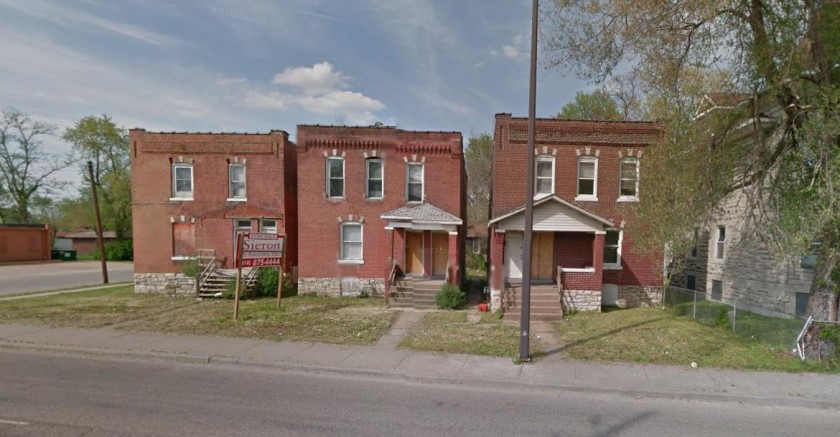
A number of community organizations and charities have been working on re-establishing the place, trying to make it more “live-able”.
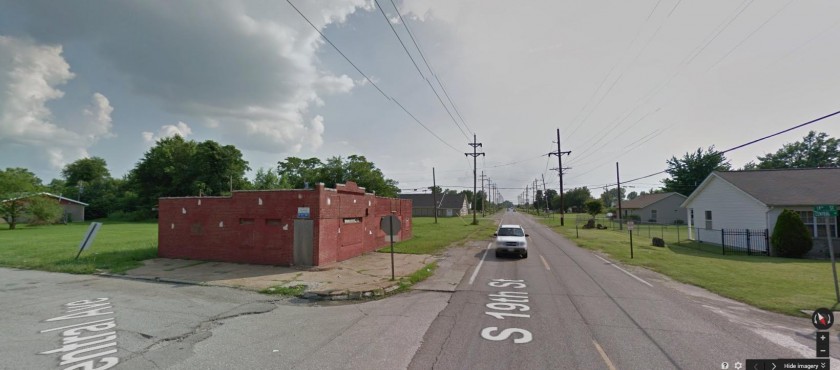
As part of the urban renewal efforts, urban farming plans have been initiated.
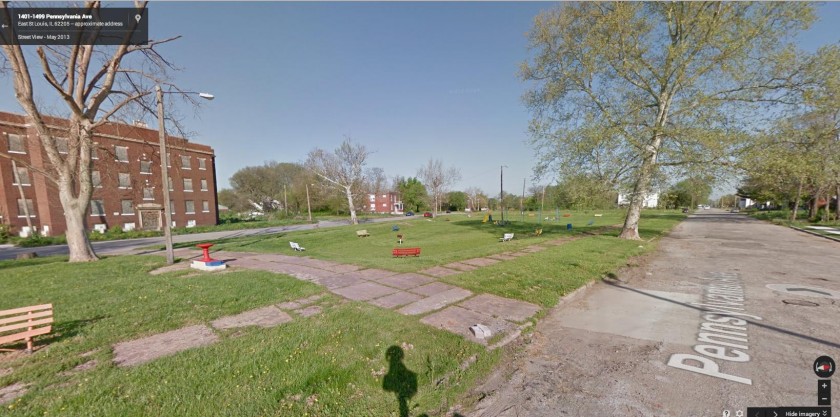
A new library and city hall have already been built.
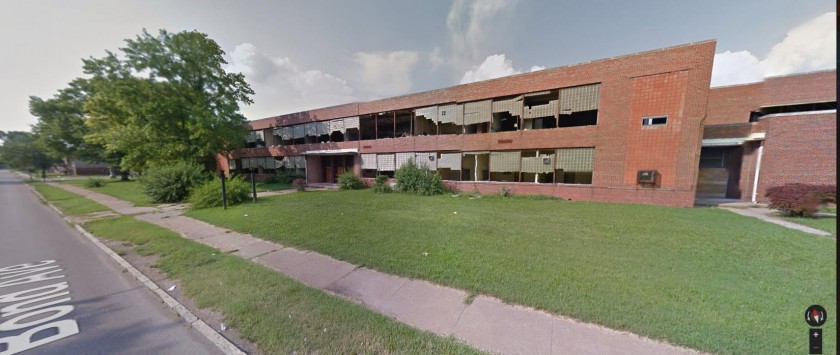
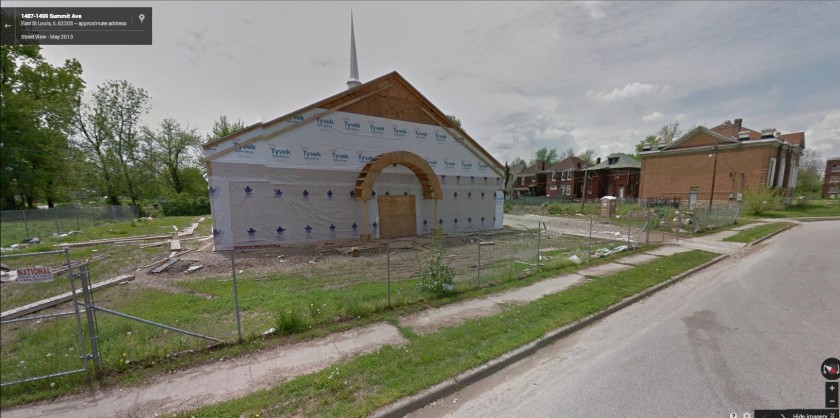
The city is also trying to create gambling establishments to attract visitors and create jobs.
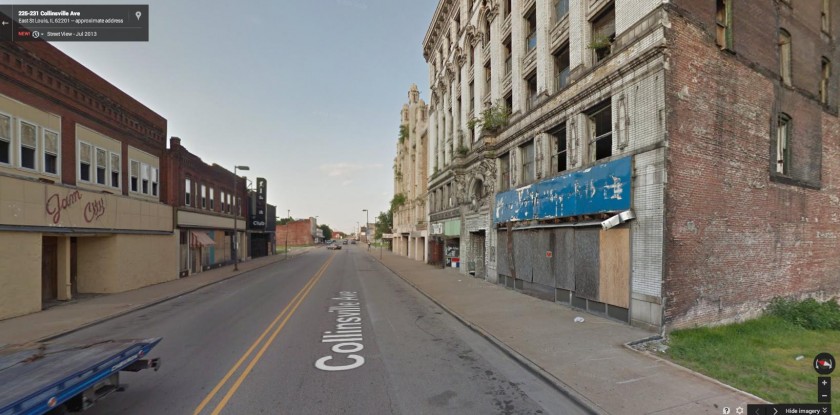
They’re also planning to build a branch of Eastern Illinois University in the city.
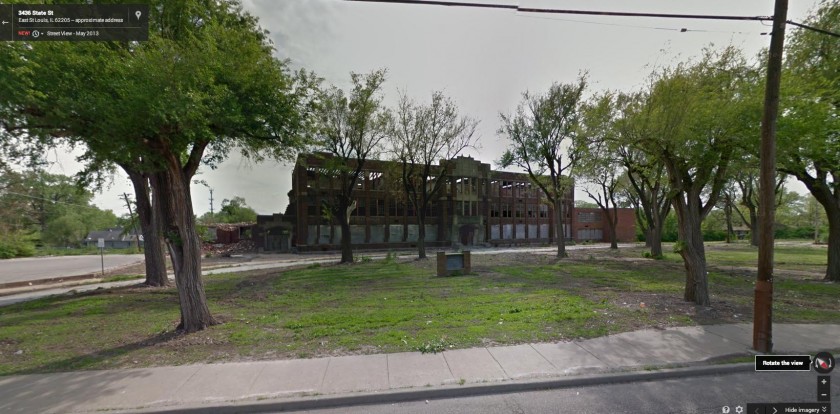
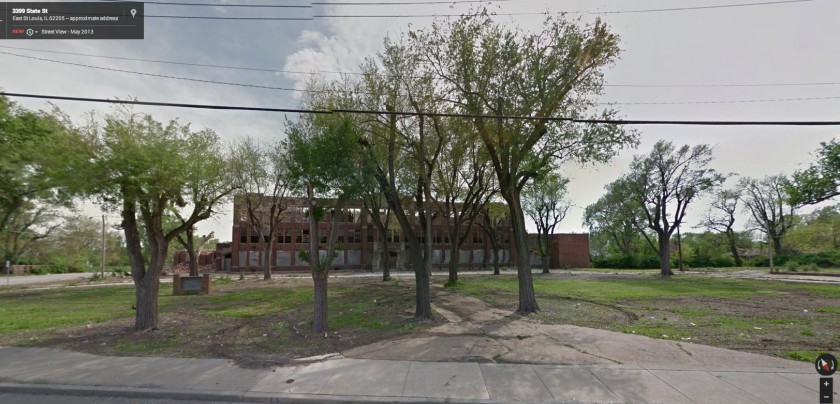
The city government admits many of the city’s problems, but tells potential residents, employers and visitors that St. Louis is entering a “Renaissance period.”
